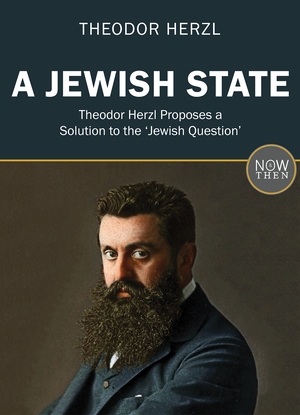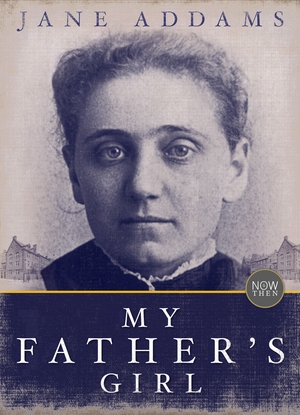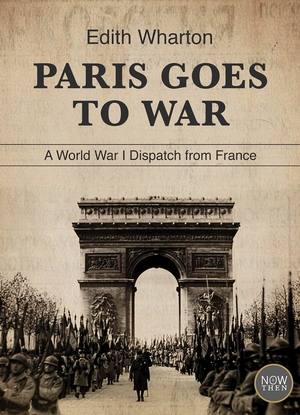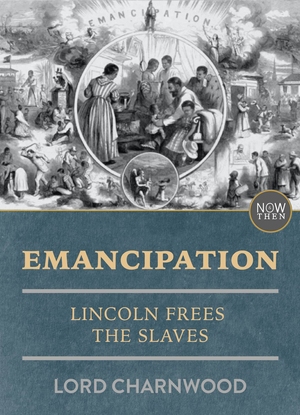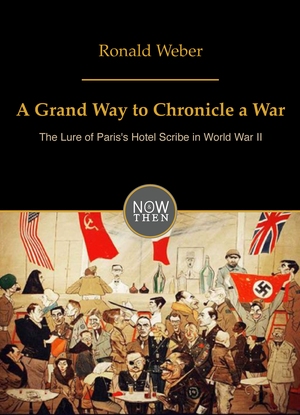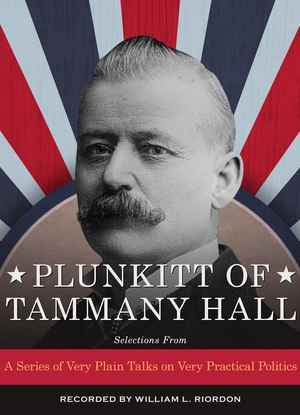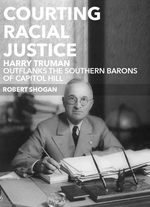A Grand Way to Chronicle a War - Preview
The Lure of Paris's Hotel Scribe in World War II
by Ronald Weber
A Grand Way to Chronicle a War
– 1 –
In the European combat zones of World War II, press camps were an integral part of Allied operations. Accredited war correspondents attached to fighting units, outfitted in uniforms of their countries and holding the honorary rank of captain, were housed in buildings or tent encampments behind front lines. From there they were briefed on battlefield developments, fed, transported in jeeps, and otherwise cared for and controlled by the military’s public relations officers. Censors reviewed all outgoing material before transmission to London, New York, and other media centers. As the war progressed, press camps moved with their units to new positions behind new front lines.
The Hotel Scribe that Harry Butcher thought historically worthy was a press camp of a highly singular sort. Among other distinguishing features, it was located in central Paris in a storied hotel with a functioning bar and dining room. It had chambermaids, electricity, phone service, running water, and enough coal for heat and hot baths in limited hours. It could accommodate as many as five hundred correspondents as against the fifty or far fewer of other press camps. Its correspondents covered Allied action on the broad Western front rather than particular military groups. And it remained rooted in Paris through the end of war and beyond. It also quickly took on an aura of journalistic legend—or, as later observers put it, “the Hotel Scribe rapidly became a subject of folklore”—given that a number of occupants wrote about it as well as the war.

Edward R. Murrow
